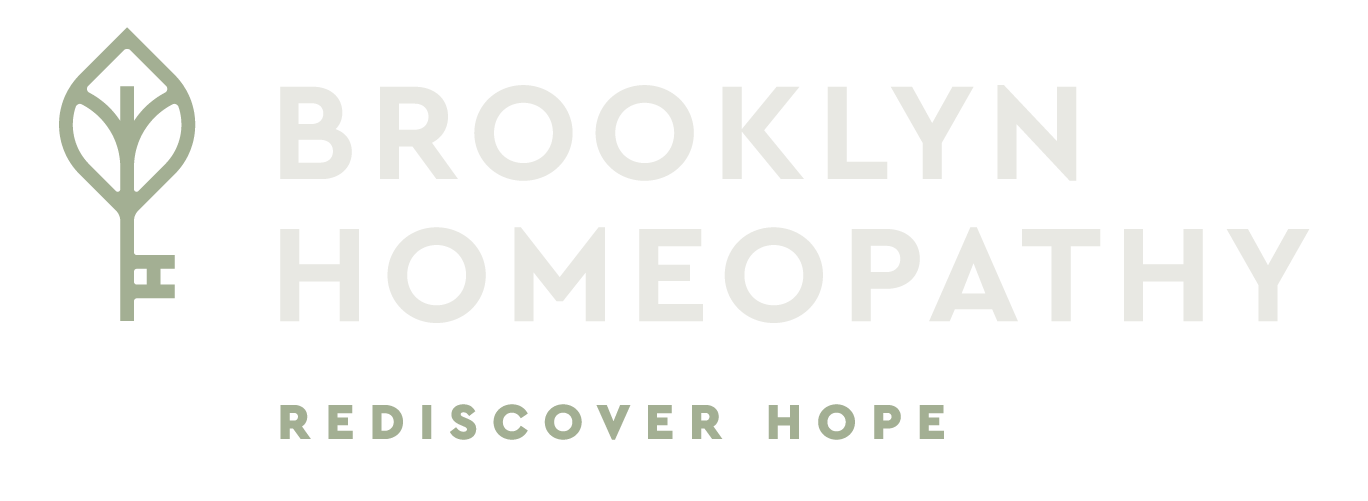“I really enjoyed your most recent issue. However, I was concerned to read such an extensive article about homeopathy. I don't mind if people are helped, but it seems irresponsible and a sakana to share this information in your magazine. People are misinformed and will follow any advice given. What is the justification for sharing this information publicly?”
Hi There,
Skepticism surrounding the efficacy of homeopathy, met in large part by those who haven’t used this treatment, is not a new phenomenon. In fact, from the very beginning this medical modality has been questioned and maligned. One such pioneering skeptic was Dr. Constantine Hering. In the early 1800s, he was planning to write an anti-homeopathy book, but all his experiments pointed to the fact that homeopathy actually worked. In 1824, he was cured of gangrene (localized death of body tissue), and his hand was saved from amputation with a homeopathic remedy called Arsenicum. After his remarkable healing experience, not surprisingly, Dr. Hering became a complete convert and founded a famous homeopathic college in Allentown, Pennsylvania. He is now frequently referred to as the “Father of American Homeopathy.”
The documented success of homeopathy speaks for itself. In 1831, cholera swept through Central Europe. Dr. Hahnemann, the founder of homeopathy, published papers on the homeopathic treatment of the disease. In Raab in Hungary, only 6 out of 154 homeopathically treated patients died compared with almost 59 percent of those treated conventionally! These irrefutable statistics show that reliance on conventional treatment proved to be a greater sakana. Consequently, witnessing the remarkable efficacy of homeopathy in treating rampant epidemics led to its widespread popularity.
Fast forward, peer-review journals have conducted and published research on homeopathic medicines with favorable clinical results. The biological activity of homeopathic medicines have been substantiated by numerous scientific studies. This provable, science-backed treatment is not experimental recklessness by any means.
Now that we established the credibility of homeopathy, I’d like to address your concern about the irresponsibility of publicizing personal experiences with homeopathy.
There is no doubt that the rampant spread of misinformation across the internet means we have a greater responsibility to promote accurate information. But sharing personal findings is not misinformation – it’s a genuine, first hand experience. We wouldn’t chide a mother for sharing which medication healed her child’s headaches, so why would we apply a different standard towards mothers utilizing alternative remedies?
Furthermore, it is not reasonable to restrict the sharing of personal experiences altogether out of a concern that someone might misuse a piece of advice irresponsibly. We should not undermine a parent’s ability to make informed decisions in the best interest of their children. To this end, instead of withholding alternative medical options, we should focus on providing clear and transparent information about alternative approaches, empowering parents to make educated choices (as the article does).
While modern medicine is undeniably important, the assertion that the dissemination of alternative medicine is irresponsible is, in fact, irresponsible. Censoring information about all other forms of medicine is perilous, particularly to the 38% of adults in the United States who find healing through alternative medicine, including through popular chiropractic and acupuncture treatments. Suppressing this information would be met with objection by a significant portion of the population.
Most importantly, we must accept that Hashem’s healing is not bound by, nor limited to, conventional medicine. Nor can we deny the innate wisdom and intuition Hashem conferred onto mothers to be able to raise and take care of their children in a healthy, responsible and proper manner. Each mother uses her bina yeseira to capably care for her children, and her level of competency should not be determined based on the effective medical approach she uses to heal her children.
Of course, during a true emergency no one is suggesting to forgo all contemporary medical treatments in favor of homeopathy, or start googling symptoms and remedies that you are unfamiliar with. This is not what the article suggested nor supported in any way. Yes, homeopathy can treat respiratory distress. Yes, mothers should be empowered to heal their children with alternative medicine through proper education and guidance. No, parents should not be compelled to adhere exclusively to modern medicine when their child is suffering and when, at times, immediate medical assistance is unavailable (whether it’s because the doctor’s office is closed or you’re in a remote location where ambulances don’t arrive quickly). No mother should be deemed irresponsible for making decisions that prioritize her children’s health and wellbeing – decisions that even have the potential to save a child’s life.
To a healthy and empowering new year!
